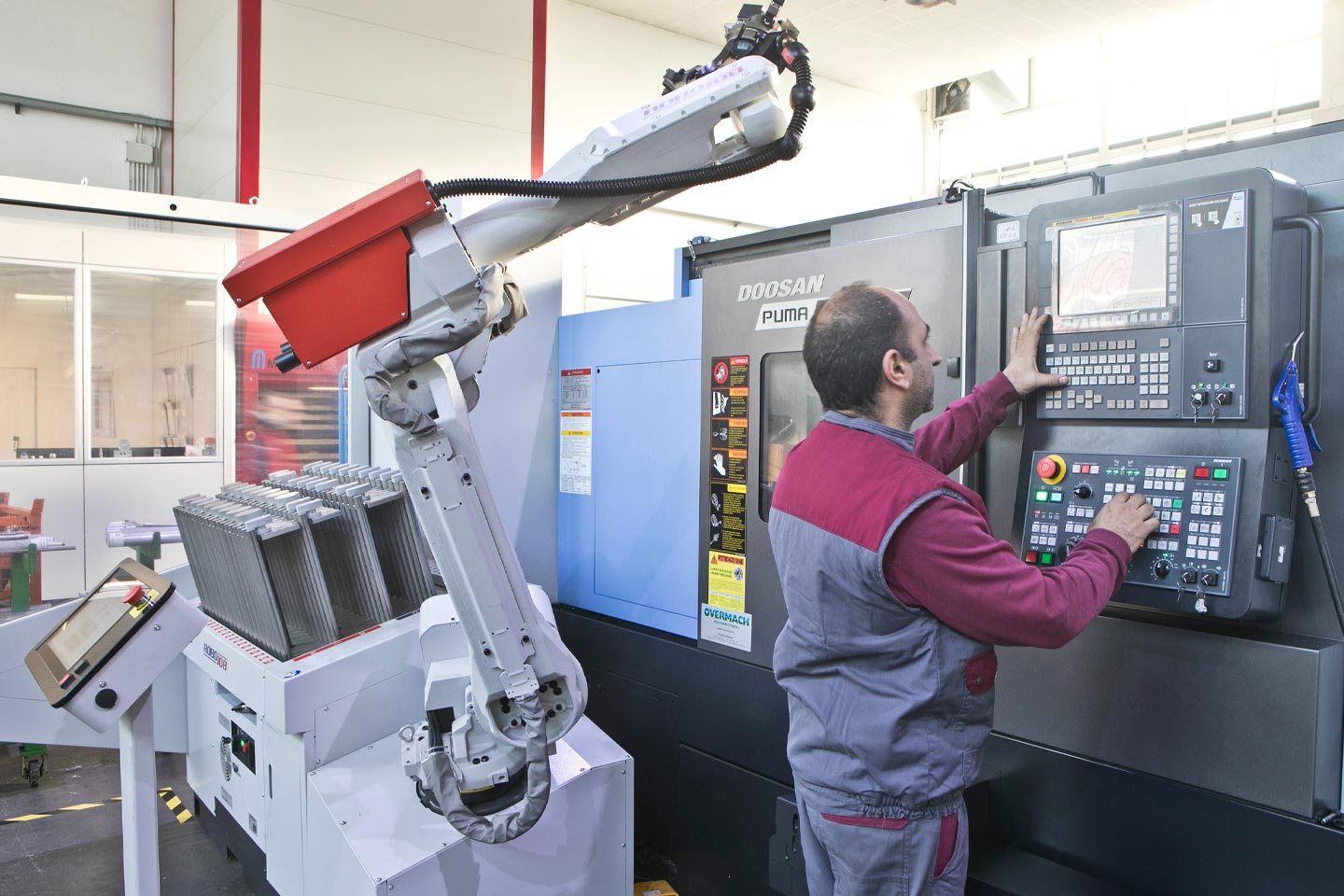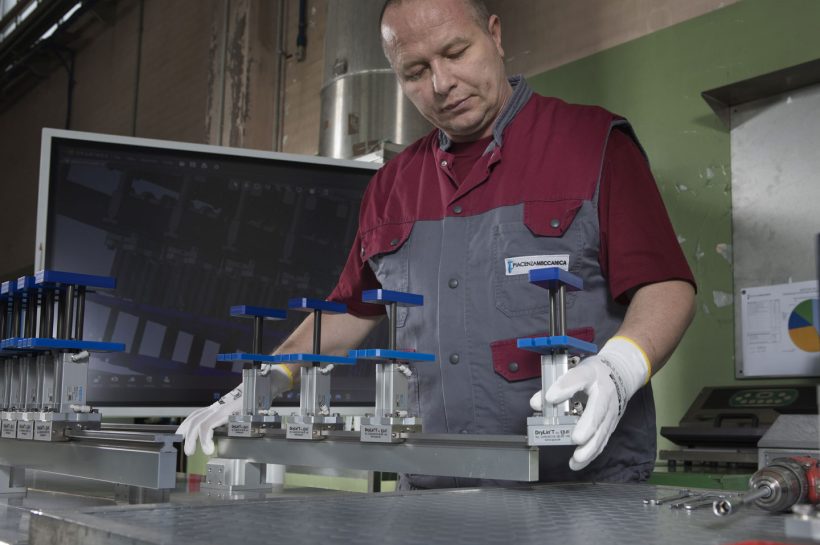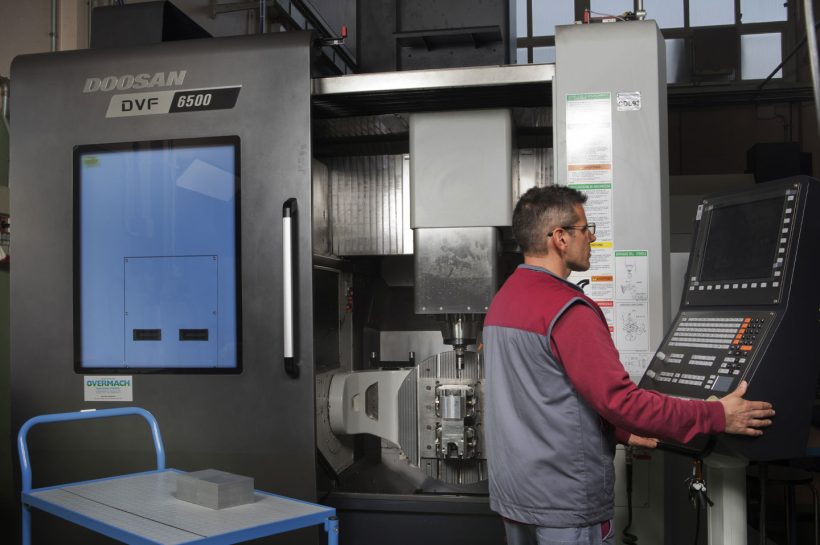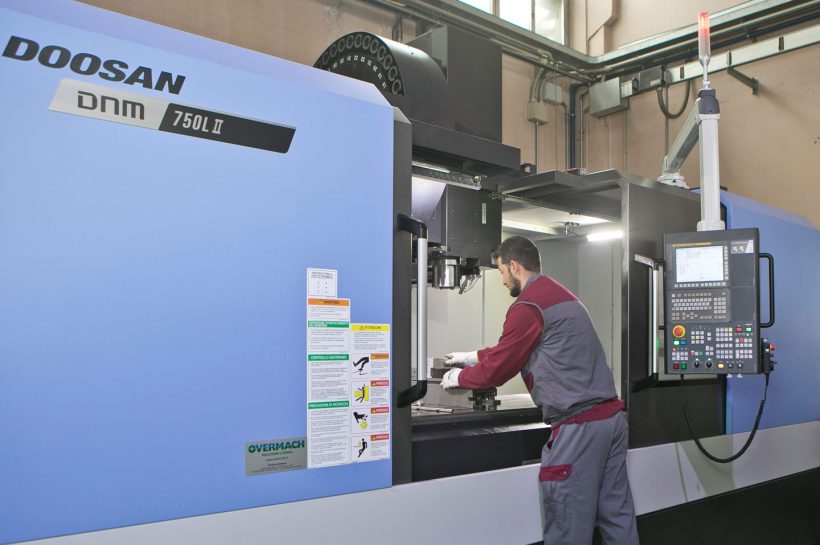A new generation of talent for the engineering industry

The shortage of adequately trained and motivated technical personnel to embark on a path of professional growth is an issue with which many companies belonging to the industrial sector are forced, especially lately, to contend. Replacing older resources with young professionals has become objectively complicated. In the face of continuous searches, the selection process is on average long and fruitless. Between new professions that seem to exert greater appeal and old, die-hard stereotypes, the handover between one generation and the next may be jammed.
The reasons for this phenomenon are varied and can hardly be attributed to a single scapegoat. A consensus opinion is that schools are responsible. Technical colleges register, year after year, fewer and fewer enrollments; and students coming out of high schools, including science and technology, prefer to pursue college careers, convinced that a college degree is the only pass for a successful career. Teachers also seem to be less and less able to convey relevant information about the possibilities offered by the world of work as if, over time, the link between the acquisition and application of one's skills has taken on a totally random quality.
Onqualifying technical education is, in truth, the fate of our country at stake. The great success stories of Italian entrepreneurship in the years of the economic boom, should serve as a moral: without the inducement of industry and manufacturing, degrowth is just around the corner. If the primary socialization agencies-family and school-can do something to reverse this risky trend, it is still up to industry to get involved itself and work to ensure that prejudices against certain professions, which are not considered equal to others, are overcome.
Workers 4.0
The conception of factory work that characterized the last century is a black-and-white image, a faded memory in the memories of older generations. Industries today respond to stringent regulatory requirements and significantly more ambitious quality standards than in the past. Policy intervention has been determined, both in terms of regulating basic safety standards for the safety of workers and as an incentive for the adoption of ecosystemic development models, oriented towardinnovation of tools and methods, and more centered on the human resource.
Procedures once the preserve of humans are now delegated to automated systems that simply must be supervised. Computerized management of processes and production supports and facilitates operations; risks are controlled, human error minimized; and, while talk of the intellectual quality of factory work might turn some people's noses up, the transformation that has taken place in the last decade, since formally speaking of the fourth industrial revolution and Industry 4.0, must be taken into account.
Businesses today are looking for enabling skills and personal qualities that can be summarized under the heading of soft skills. Reliability, resourcefulness, curiosity, the ability to interact fruitfully with the team; but above all, a desire to learn and to learn methods and systems that straddle the certainties of science and the new horizons drawn by digital transformation. In return, highly specialized positions are offered, which are highly sought after in the market, respectable salaries, with salaries that can compete with those of those working in services or business, and solid career prospects. A concrete example? In PiacenzaMeccanica, at least 25 of the 30 resources employed have been with the company for more than 20 years; investing in its employees and accompanying them to retirement, is a strategic goal, and a structural growth factor for a company that comes from a family history.



